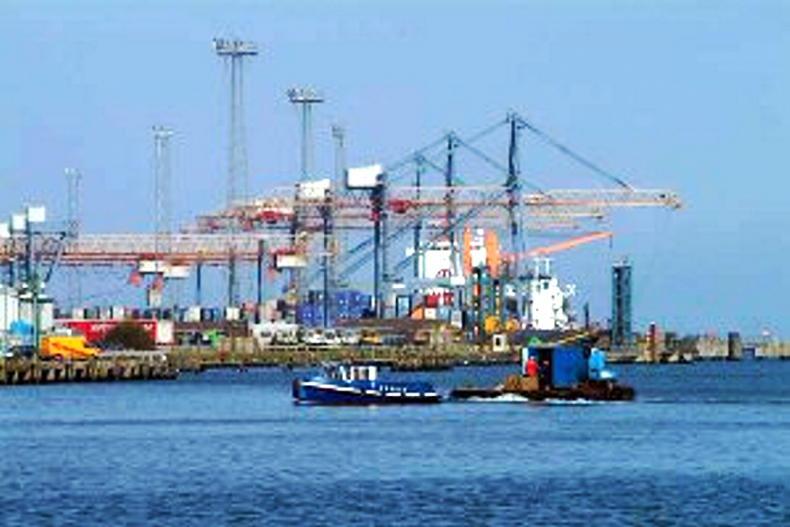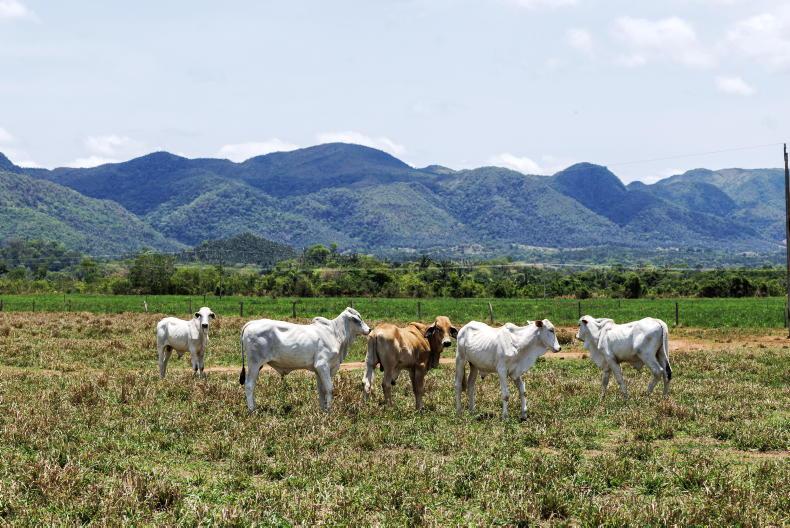Brexit solution flags have been flown in various media over recent days, accompanied by the official comment about progress, but no deals yet. Brexit has been a political enthusiast’s paradise over the past seven years, but for farmers on the island of Ireland with integrated cross border and cross channel trade with Britain, it has been a time of concern.
The protocol to enable seamless cross border trade on the island of Ireland was agreed between the UK and EU in advance to achieve this. It is politically sensitive and has never been, nor will it ever be, implemented as originally designed.
Can kicked down the road
It has functioned so far, thanks to a multitude of extended grace periods and limited enforcement of controls. Most controversial has been the protocol agreed between the UK and EU – and approved by the UK parliament – to facilitate continued Northern Ireland participation in the EU single market.
In this, the EU insisted that the UK sign up for full EU border controls – which they did without any proper consideration of how these could facilitate existing internal UK supply lines to Northern Ireland from Britain. Most impacted were the supermarkets with distribution centres in Britain and this applied right down to a small garden centre sourcing plants from Britain.
These were all to be subject to full sanitary and phytosanitary controls (SPS), which are complex but manageable for a cargo ship full of the same cargo, but unrealistic for vans crossing from distribution centres in Britain with small quantities of multiple products, each requiring their own certification process at huge relative cost.
Two lane solution
It is being suggested that the EU has belatedly relented on this, instead proposing a green lane solution to facilitate trade from Britain to Northern Ireland with minimal checks and a red lane for product going from Britain to the Republic of Ireland and the EU single market.
The red lane would have full border controls administered in Belfast at UK-constructed inspection facilities to avoid the need for border controls at the actual border on the island of Ireland.
This, combined with real-time data sharing on shipments by UK authorities with the EU, would go a long way to solving the practicalities that have been highlighted by supermarkets in particular.
If they had been in place since day one, perhaps the political difficulties with the protocol in Northern Ireland could have been avoided and there is no certainty that they will now be sufficient to resolve these issues. However, for farmers and traders, these will be of secondary concern if the platform for continued trade with minimal disruption is in place. An agreement of this type as is being suggested would provide this at least in the short to medium term.
However, in the longer-term, as Britain opens up to volumes of Australian and New Zealand dairy, beef and lamb arising from the UK trade agreements negotiated post-Brexit, will the controls be robust enough to prevent leakage of Australian and New Zealand product into the EU single market?
Will the controls be sufficient?
As unofficial cross border trade on Ireland for alcohol, cigarettes and diesel has demonstrated for decades, if there is sufficient financial reward, ways have been found to maintain a buoyant underground trade in these products. Perishable food products would be more difficult to handle and there would be much more restricted routes to market given the controls enforced by large retailers and established food service.
However, if there was money to be made, are proposed controls sufficient to prevent illicit trade from Britain into the EU single market?
Perhaps a longer-term plan is being hatched. A three-year derogation for UK medicines entering Northern Ireland from Britain was agreed before Christmas. The cynical view is that this length of time leaves sufficient opportunity for a change of government in the UK and the possibility of the next government being more amenable to a wider EU-UK SPS agreement.
If this was to happen, at a stroke it would solve the medicines issue, plus all the other plant and animal-based food movements from Britain to Northern Ireland, and make the new inspection facilities that would be in place by then redundant and a white elephant legacy of the protocol.









SHARING OPTIONS